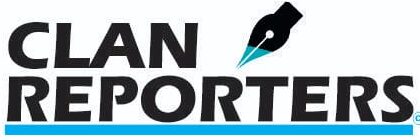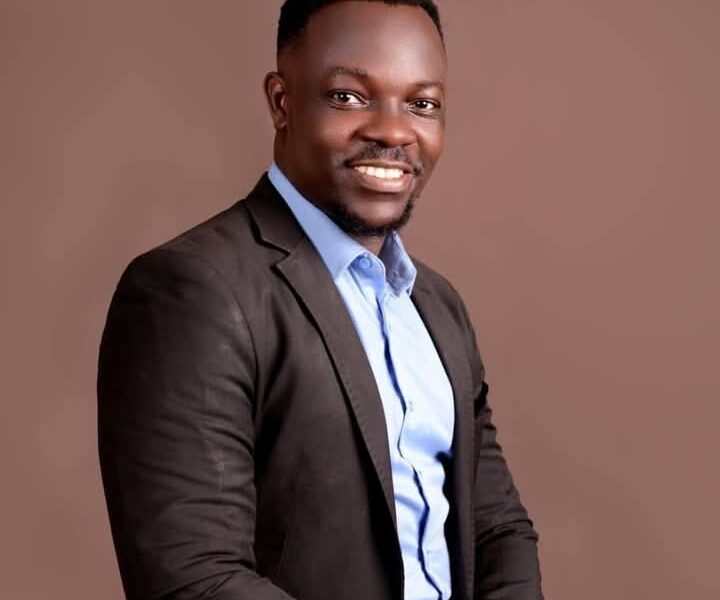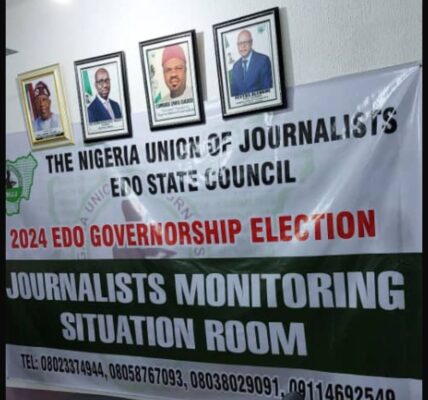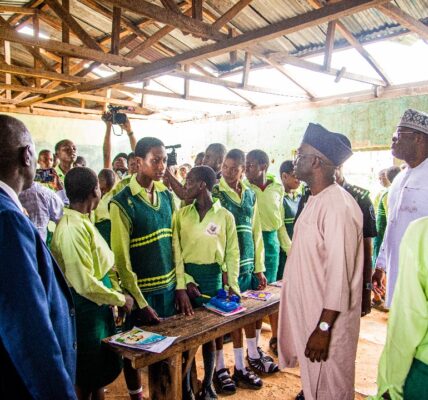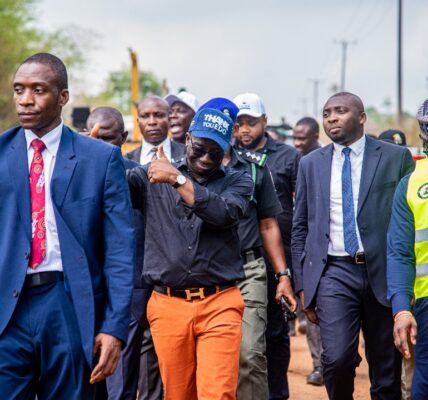CAVEAT:
This piece is not intended to make an excuse for criminality, deviance, or the erosion of moral values. Rather, it seeks to hold a mirror to our society—to reflect how a broken system can turn honest men into desperate actors. In Nigeria today, many argue that it is nearly impossible to succeed without engaging in some form of irregularity. That, right there, is the psychological power of a failed system: it rebrands evil as a necessary tool for survival and presents wrongdoing as the only route to being right. This piece is an indictment of such a reality and a call to re-examine the systemic dysfunctions that are normalizing corruption, compromise, and silence.
There is a moment in the iconic series
Breaking Bad when Walter White, a high school chemistry teacher turned meth kingpin, declares, “I am not in danger… I am the danger.” That transformation—from a man broken by a failed system to one willing to burn it all down—captures the soul of a story far beyond television. It captures Nigeria.
Ours is a country where the line between villain and victim often blurs. Where desperation becomes a driving force and crime can masquerade as strategy. And like Walter White, many Nigerians—especially the youth—are forced to break bad, not because they are evil, but because they have been cornered by a system that does not work.
For example, we must ask ourselves: what becomes of the honest man in a dishonest system? Walter White did not start off as a criminal. He was a teacher, a father, a man with pride and potential—crushed by a healthcare system that could not save his life, a job that could not pay his bills, and a nation that offered him nothing but slow death. In Nigeria, thousands of graduates roam the streets jobless. Skilled professionals migrate en masse, not for adventure but for survival. Honest men and women are broken daily by a system that undermines integrity and rewards manipulation. They “break bad”—morally, mentally, and sometimes criminally.
The tragedy, both in the show and in Nigeria, is not the struggle but the system that fails its people. Walter’s cancer diagnosis was not the villain. The villain was the structure that made illegal drug production seem like a legitimate way to fund treatment. Similarly, Nigeria’s tragedy is not only in its poverty—it is in the betrayal of its promise. A country endowed with oil wealth cannot provide basic electricity, quality education, or even security. Pensioners die waiting to be paid. Students lose years to strikes. The social contract is constantly breached—and when the people get tired, they stop playing by the rules.
As people adapt, morality itself becomes political. Walter justified his crimes by claiming he did it for his family. In Nigeria, we hear the same rationalizations: Politicians loot to “secure the future” for their children; clergies cover abuse to “protect the gospel”; the middle class stays silent to “avoid trouble.” The line between right and wrong fades when survival becomes the only metric. But the same justifications that fuel survival also fertilize corruption—and the descent becomes cultural.
This breakdown persists because of weak institutions and selective justice. In _Breaking Bad, law enforcement is either asleep, compromised, or tragically late. Nigeria is no different. The law bends before the rich and crushes the poor. When a politician steals billions, he is celebrated with chieftaincy titles. When a jobless youth steals a phone, he faces jungle justice. Our justice system does not serve—it discriminates. The problem is not just criminal behaviour—it is unequal accountability.
And then there are the Nigerian “Heisenbergs”—powerful individuals who exploit loopholes in the system to dominate it. Just as Walter evolved into a figure feared more than any cartel boss, Nigeria has birthed its own overlords in agbadas and uniforms—those who manipulate government, military, and the economy for personal gain. The parallel underworld is no longer underground—it is policy, it is power, it is public.
But perhaps what enables all of this more than anything is silence, the co-conspirator. In the show, Skyler knew. Jesse knew. Hank suspected. But they all kept quiet until it was too late. In Nigeria, we know. We see the rigging, the looting, the lies. But we shrug: “E no concern me.” “God will judge.” “Let me face my hustle.” This complicity gives corruption its staying power. When we normalize dysfunction, we forfeit the right to complain about its consequences.
Worse still is the madness of control. Walter believed he could control everything—his illness, the drug market, his family. But it all spiraled. Nigerian leaders too believe they can suppress the masses, manipulate elections, and weaponize poverty without consequence. But history disagrees. From the Aba Women’s Riot to the End SARS protests, Nigerians have shown that when the people rise, no amount of force can hold back a tidal wave of discontent.
So we must ask: must we all break bad to survive? Or can we break better? Nigeria does not need more Heisenbergs. It needs people with courage to disrupt the cycle—not with crime, but with creativity; not with silence, but with defiance. It needs voters who understand power, entrepreneurs who refuse shortcuts, clergies who preach conscience, and leaders who serve, not steal.
Breaking Bad ends in fire and blood. But Nigeria does not have to. We still have a choice. A choice to stop cooking the poison and start healing the nation. A choice to stop being Walter White—and start being right.
Because Nigeria does not need another lord. It needs citizens who are tired of breaking and ready to build.
And that is the pulse. Until next week, keep your finger on it.
